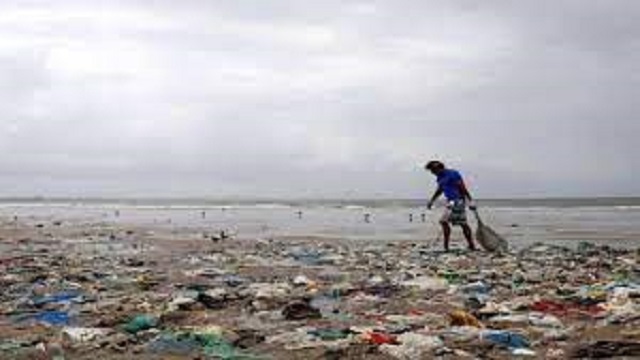Plastic bags causes many minor and major ecological and also environmental issues. The most general issue with the plastic bag is the amount of waste produced. Many plastic bags end up on streets and also equally pollute many water sources, lakes, rivers and streams.
Even when they dispose in proper way, they take many more years to decompose and break down into the soil, generally large amount of garbage over long periods of time.
Ban of plastic bag is a law that restricts the using of low weight plastic bags at retail establishments. In 21st century, there was a global trend towards the phase-out of light weight plastic bags.
Single-use plastic shopping bags, is made from low-density polyethylene (LDPE) plastic, as normally given free for customers when they buy a product.
The bags are long been considered a convenient, cheap, and hygienic way of transporting items from one place to another.
Problems associated with the use of plastic bags include use of non-renewable resources such as crude oil, gas and coal, difficult during disposal, and environment impacts. Concurrently by the reduction of light weight bags, shops have introduced reusable shopping bags.
Many states governments have banned the large scale of lightweight bags, charge customers for lightweight bags also generates tax payment for handling lightweight bags. Bangladesh government was the first to do in 2002, imposing a total ban on lightweight plastic bags.
In between 2010 and 2019, the number of plastic policies evolved to phase out plastic carryout bags tripled. As of 2022, such banning rules were been came into process in 94 countries, with varying degrees of enforcement, and 32 countries instead impose a charge per bag. Bans and charges have also been enacted by some local jurisdiction such as states, countries, territories and cities.
Plastic bag – should be banned










